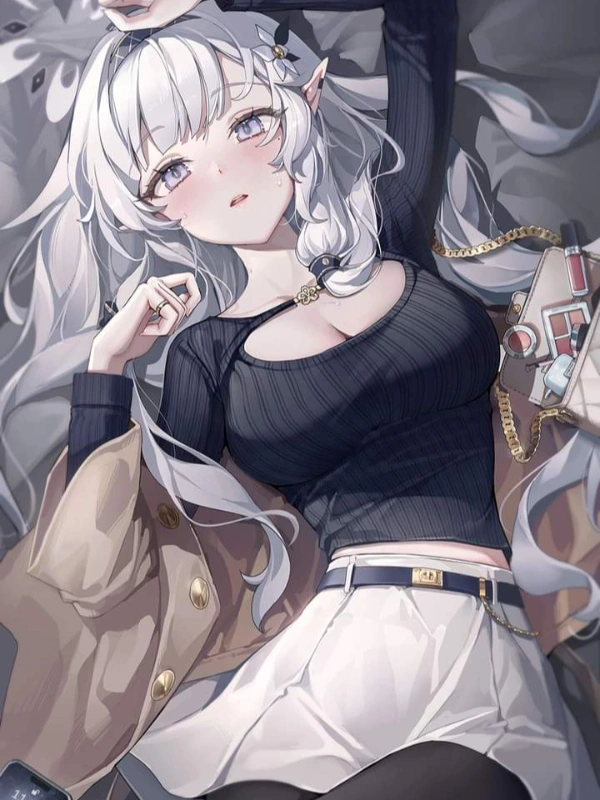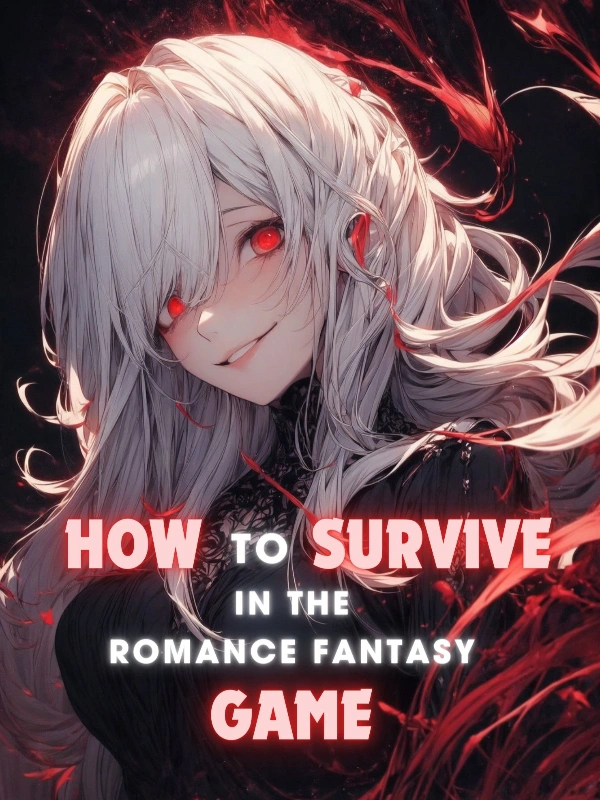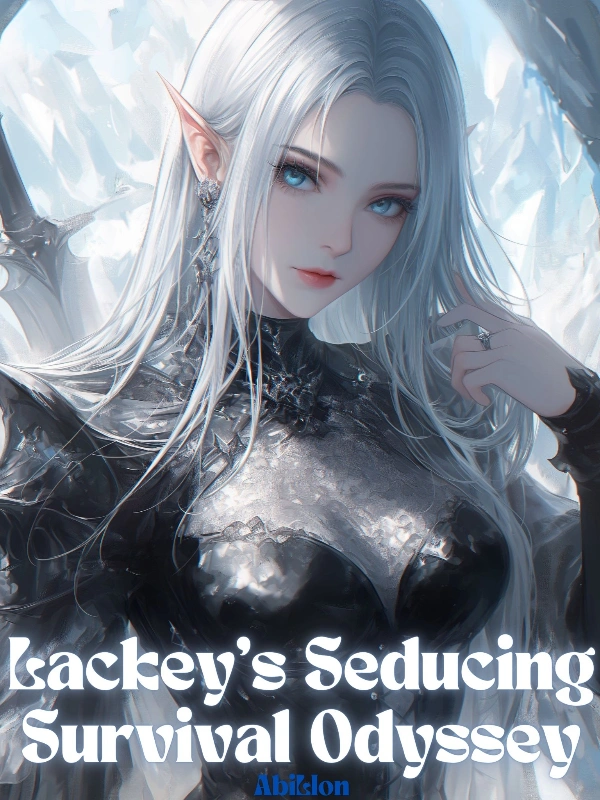Chapter 43: Harbingers of the Storm (1)
Translated by Vine | Proofread by Lust
For the latest updates, visit: ProNovels.com
Join our Discord for release updates: https://discord.gg/Eh2ayfR4FB
< German Civil War – Harbingers of the Storm (1) >
September 5, 1939
Central Germany, 9th Military District Kassel, Provisional Capital of the New Government, Frankfurt
Despite their shortage of troops, the New Government had mobilized troops transferred from Bavaria, originally intended for the Brandenburg front, to organize a respectable honor guard to welcome Crown Prince Wilhelm.
“Heil Kaiser!”
“Long live the Hohenzollerns!”
The monarchists, apparently having learned a thing or two from the Nazis about manipulating public sentiment, had hired some supporters. Scattered among the citizens, some were praising the imperial family. However, most Frankfurt citizens were merely interested in the spectacle.
Strictly speaking, with the German monarchy officially abolished, Wilhelm was not a crown prince but a claimant to the throne.
Of course, if I voiced that thought aloud, the ardent monarchists, who already disliked me, would likely try to have me removed.
Crown Prince Wilhelm and his wife, Crown Princess Cecilie, disembarked from the train with seemingly satisfied expressions, waving to the citizens and approaching us.
“Thank you for coming, Your Highness. It is an honor to receive you.”
Colonel General Ludwig Beck, as the Imperial Regent of the New Government, greeted Crown Prince Wilhelm with appropriate formality.
The New Government had actually attempted to bring Crown Prince Wilhelm, who was residing at Oels Castle in Silesia, before the coup, but he had refused.
Instead, he had moved to Cecilienhof near Potsdam, where Crown Princess Cecilie was staying. He only joined us after the New Government had achieved some stability and General Lutz’s armored units had advanced to Potsdam.
“Thank you for the welcome, Regent. The House of Hohenzollern acknowledges your efforts.”
Despite his words, the Crown Prince had clearly been biding his time and assessing the situation.
I wondered what General Beck, outwardly polite and respectful, was really thinking.
“It is an honor, Your Highness. I shall escort you to the temporary headquarters.”
“Very well, please do.”
My knowledge of Crown Prince Wilhelm was quite limited.
He had been exiled after Wilhelm II’s abdication. After some time, he had expressed a desire to return to Germany, promising the Weimar Republic he would abstain from political involvement. However, he broke that promise and supported Hitler, only to later distance himself. That was about it.
It was hard to take a deep interest in a crown prince who never ascended to the throne, unlike the well-known mustachioed Kaiser.
“What kind of person is Crown Prince Wilhelm?”
So I asked Tresckow, the most approachable, or rather, the least awkward person I knew.
The leadership, having promoted me to major, stating that my previous rank was too low to serve as spokesperson for the broadcasts, had also promoted Tresckow and Lieutenant Colonel Oster to colonel.
While the generals weren’t promoted yet to avoid discord with the Wehrmacht still aligned with the Nazis, the key players in the coup had effectively all been promoted by one rank.
Tresckow fiddled with an unlit cigarette, presumably because he couldn’t smoke in front of the Crown Prince, and then replied.
“This is your first time meeting him, isn’t it? Well, he’s not a bad person. He distinguished himself in the last war and has been active in military and political affairs. He supported the Nazis before Hitler showed his true colors. Of course, almost everyone in the Wehrmacht did at the time.”
Tresckow seemed bitter as he spoke. Most of the military personnel currently involved in the New Government, including himself, had supported Hitler when he advocated for a strong Germany, the abrogation of the Treaty of Versailles, and rearmament.
I wasn’t in a position to judge others. Dietrich Schacht had volunteered for the Condor Legion and served in Spain, swearing loyalty to the Führer and seeking advancement within the military.
Enjoying the translation? Stay updated with the latest chapters at ProNovels.com.
“During the Weimar era, His Highness believed that Hitler would restore the monarchy and cooperated with the Nazis. However, Hitler murdered his close friend, General von Schleicher, and other monarchists during the Night of the Long Knives. His Highness has been disillusioned and kept a low profile since then.”
“I see.”
So he had been completely used and then discarded by Hitler, clinging to the hope of a restoration of the monarchy.
It would be troublesome if the Crown Prince still strongly desired the restoration of an absolute monarchy. I hoped he had learned his lesson from his experience with Hitler.
“By the way, Colonel, shouldn’t you cut down on the cigarettes?”
Tresckow, still fiddling with his cigarette, chuckled at my words.
“What? Haha. You were just a lowly captain a while ago, and now you’re acting like you’re my equal because you’re a field officer?”
“Of course not. I’m just concerned because you’re the one who connected me to the New Government. They’re bad for your health.”
While the awareness of the harmful effects of smoking wasn’t as high in this era as it is in modern times, he was a heavy smoker. Tresckow laughed as if he found me amusing, then leaned in and spoke quietly.
“Don’t worry about my health, worry about your own.”
“Excuse me?”
“You know that Dr. Goerdeler dislikes you, but recently he has also become wary of the broadcasts you and your people are conducting.”
Hmm, as expected. While we hadn’t been explicit about it, our broadcasts, while representing the New Government, made no mention of the restoration of the Empire or absolute monarchy.
On the contrary, our aim was to amplify the voices of the democratic faction and subtly influence the public and the leadership towards democracy.
“The Foreign Office and the Abwehr hold you in high regard, and due to your frequent contact with the British, they have a relatively favorable view of democrats. However, there are many others in the New Government besides them.”
“I understand, Colonel. I’ll be careful. Thank you for the advice.”
Tresckow grinned, patted my shoulder, and put away his cigarette.
If General Model was my mentor in the military, Colonel Tresckow was my mentor in the New Government. For him to speak so directly meant that the far-right monarchists were definitely up to something.
I needed to be careful.
–
September 8, 1939
Northern France, Paris, the “City of Lights,” Capital of France
Édouard Daladier, Prime Minister of the French Third Republic, was meeting with Viscount Halifax, the British Foreign Secretary.
“Their civil war is unlike anything we’ve seen before. It’s very different from what happened in Spain recently.”
Daladier nodded in agreement with Halifax’s assessment.
“A civil war where factions with different ideologies, united in resistance against a dictator, are primarily engaged in a propaganda war rather than a military conflict… I never thought I’d see such a thing in Germany, a country that hasn’t even properly established democracy.”
When the New Government first contacted Britain, they hadn’t held much hope for them.
Hitler’s domestic support was high, and the resistance forces, mainly composed of military personnel, didn’t seem much better than him.
Britain and France had hoped that the civil war would weaken Germany through bloodshed. When the New Government’s ambitious Berlin offensive was halted, they anticipated their swift collapse.
However, even after their initial offensive was thwarted, the New Government had successfully secured the initiative within Germany, avoiding military clashes as much as possible and conducting a sophisticated propaganda war that surprised even democratic nations.
As the prospect of the New Government’s imminent collapse diminished, and the possibility of their victory in the civil war emerged, Britain and France began to feel the need to seriously discuss how to respond to them.
“What is Britain’s position?”
Daladier, despite his thick neck and build, which earned him the nickname “Bull of Vaucluse,” couldn’t hide the fatigue characteristic of a politician nearing the end of his term.
Enjoying the translation? Stay updated with the latest chapters at ProNovels.com.
“We intend to observe the situation a little longer. Currently, we cannot determine whether this New Government is a reactionary force aiming to restore the outdated monarchy and start another war, or if they are viable partners for dialogue.”
Daladier frowned at Halifax’s response.
Britain had always taken an ambiguous stance on German affairs, neither fully involved nor entirely detached, putting France in a difficult position.
Throughout August, as the Munich Agreement was broken and the Danzig crisis intensified, France had been constantly anxious about whether Britain would actually join the war, repeatedly seeking confirmation.
“How about recognizing the New Government as the legitimate government of Germany and providing them with equipment, in exchange for their commitment to uphold the Treaty of Versailles, which Hitler unilaterally abrogated?”
Halifax shook his head at Daladier’s suggestion.
“They haven’t even secured control of Germany yet. Realistically, they are not in a position to discuss upholding the Treaty of Versailles.”
“Would negotiations be possible if the implementation were conditional upon their securing control of Germany?”
Daladier was desperate. The French Third Republic was in extreme turmoil.
Unlike Germany, which had recovered relatively quickly from the Great Depression thanks to Hjalmar Schacht’s abilities and the Nazi Party’s unorthodox methods, the French economy, still reeling from the Depression, was further destabilized by the 1936 general strike led by the General Confederation of Labour (CGT) and the Matignon Agreements that ultimately conceded to their demands.
Therefore, Georges Bonnet, the former Minister of Finance and current Minister of Foreign Affairs, had argued that rearmament would further destabilize the French economy and advocated for avoiding war at all costs by appeasing Germany throughout the interwar period.
Bonnet was Daladier’s political rival within the Radical-Socialist Party. Daladier had appointed him as Foreign Minister, believing it was better than having him plot and threaten the government from behind the scenes. However, Bonnet had instead constantly pressured Daladier, imposing his own views.
Even after Hitler broke the Munich Agreement, Bonnet had insisted that Germany’s actions were driven by economic problems, not ideologies like Lebensraum or racism, and sought economic cooperation with them.
This had yielded no results, due to Germany’s dire economic situation and the Nazis’ complete disregard for Bonnet’s expectations.
There was a reason why France had been led around by Germany and Britain throughout the interwar period.
“Viscount, haven’t we been in the same boat all this time?”
France, having hastily begun rearmament after the Munich Agreement, was experiencing even more severe internal conflict with the outbreak of civil war in Germany than when preparing for war against a unified Germany.
The pacifists, led by Foreign Minister Bonnet and the left, were pressuring Daladier daily to halt rearmament and downsize the military again.
However, halting rearmament faced fierce opposition from the French military, which had tasted the much-needed relief of rearmament, and the French far-right.
The proud French people were condemning Daladier and the Radical-Socialist Party for creating a “time of shame” where their Grande Armée, the strongest in Europe, had to helplessly watch Germany’s expansion. The far-right French Social Party, led by Jean-François de La Rocque, was gaining overwhelming support.
It was clear that the Radical-Socialist Party would lose the French general elections in April 1940. For Daladier and his party, securing a promise from the German New Government to uphold the Treaty of Versailles was a definite opportunity to demonstrate the success of their policies.
Continuing rearmament to appease the military and conservatives, supporting the German New Government with weapons to help overthrow the dictator in the spirit of the French Revolution, and receiving reparations to revive the economy.
It was a narrative that could satisfy both French pride and practical needs.
“If this continues, the Conservative Party (the current ruling party in Britain) may have to work with that far-right Social Party instead of us.”
The French Social Party, led by Jean-François de La Rocque, seemed to Daladier similar to Hitler in almost every respect.
They were inciting the public with slogans like “The French race is a synthesis of greatness, and it constitutes the whole” and “France must regain its greatness.”
Moreover, they were the ones who had wielded political thugs called the Croix-de-Feu, reminiscent of the Nazi Sturmabteilung. While they currently presented a moderate image and feigned cooperation with the parliament, they were still leading their reorganized paramilitary organization under the name Parti Social Français.
Daladier worried that they would turn into Nazis once they seized power.
“Hmm… I’ll convey it to Prime Minister Chamberlain.”
Halifax didn’t give a definite answer. While he sympathized with Daladier and the Radical-Socialist Party’s predicament, Britain didn’t need to be concerned about a change of government in France.
The British general election was in November, five months earlier than France’s. Although the Conservative Party’s position was shaky, it wasn’t yet at the point of losing power to the opposition.
Furthermore, even though they had also started rearmament, “British rearmament” didn’t involve mobilizing large ground forces like France. It meant moderate rearmament and preparing funds to “support” their allies. Since no one was going to breach the Royal Navy’s control of the sea and invade Britain, and providing funds to allies struggling with military expenditures also meant a suitable “profit” for Britain, it was a customary affair with far less burden than France’s.
There was no need to create unnecessary variables by demanding things like upholding the Treaty of Versailles and provoking an unpredictable response from the Germans. There was no guarantee that the Radical-Socialist Party would retain power even if Britain went out of its way to grant them some achievements. It was better to cooperate with the party that actually held power in France.
Although Jean-François de La Rocque’s French nationalism was a cause for concern in British political circles, he had shifted from his far-right origins to present a moderate image, advocating for national reconciliation and social justice. Surely there couldn’t be two warmongers like Hitler in a single era?
Viscount Halifax thought so as he gave a perfunctory reply to Daladier, who was practically begging him.
< German Civil War - Harbingers of the Storm (1) > End
ⓒ Carcassonne
For the latest updates, visit ProNovels.com. Join our Discord for release updates: https://discord.gg/Eh2ayfR4FB.




















